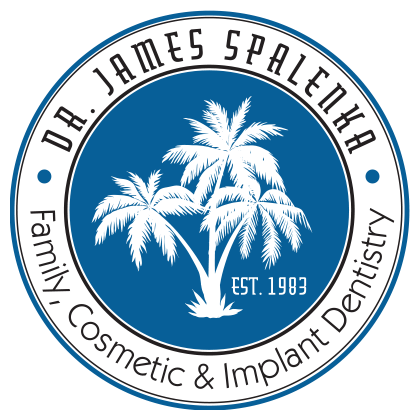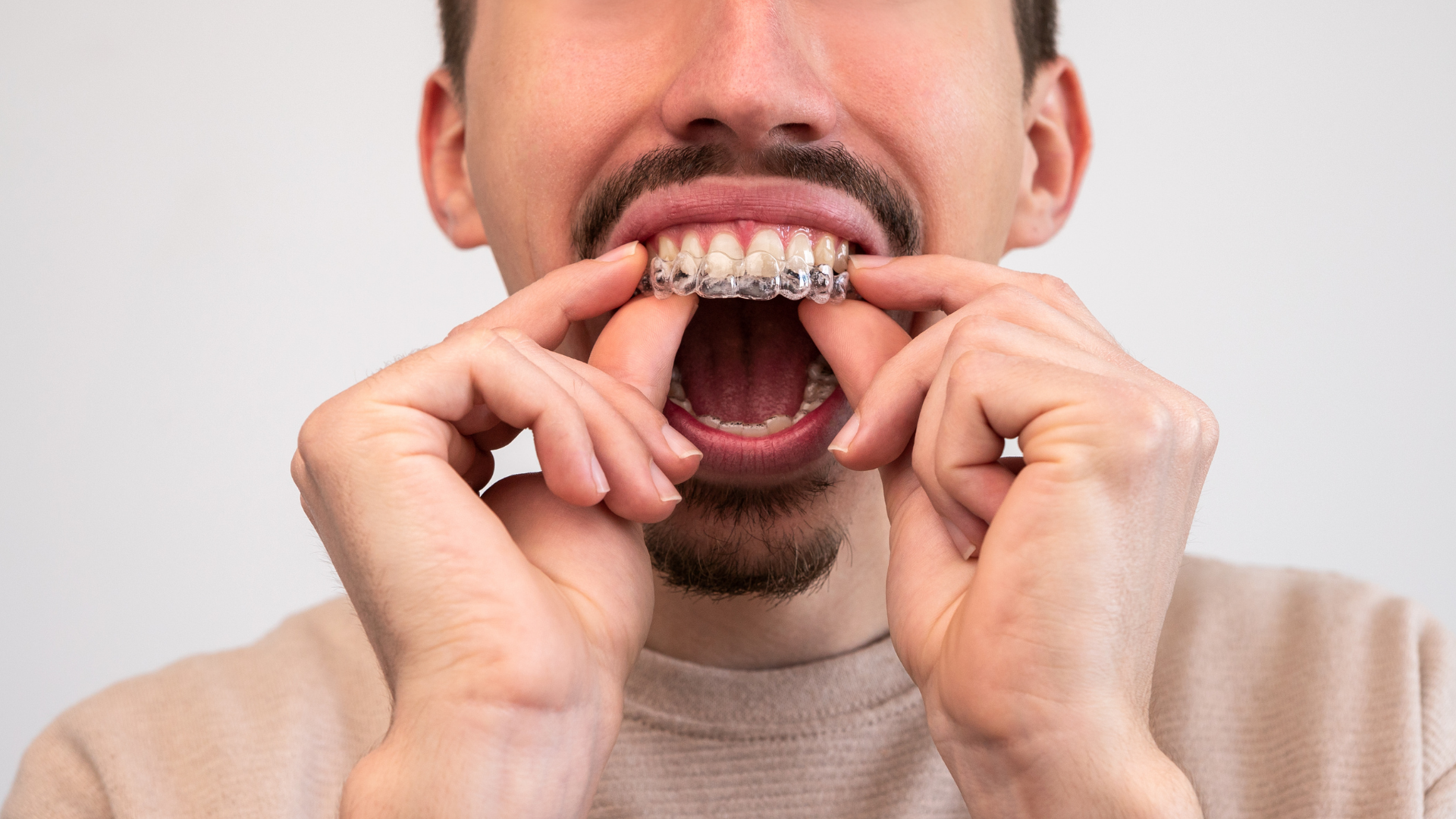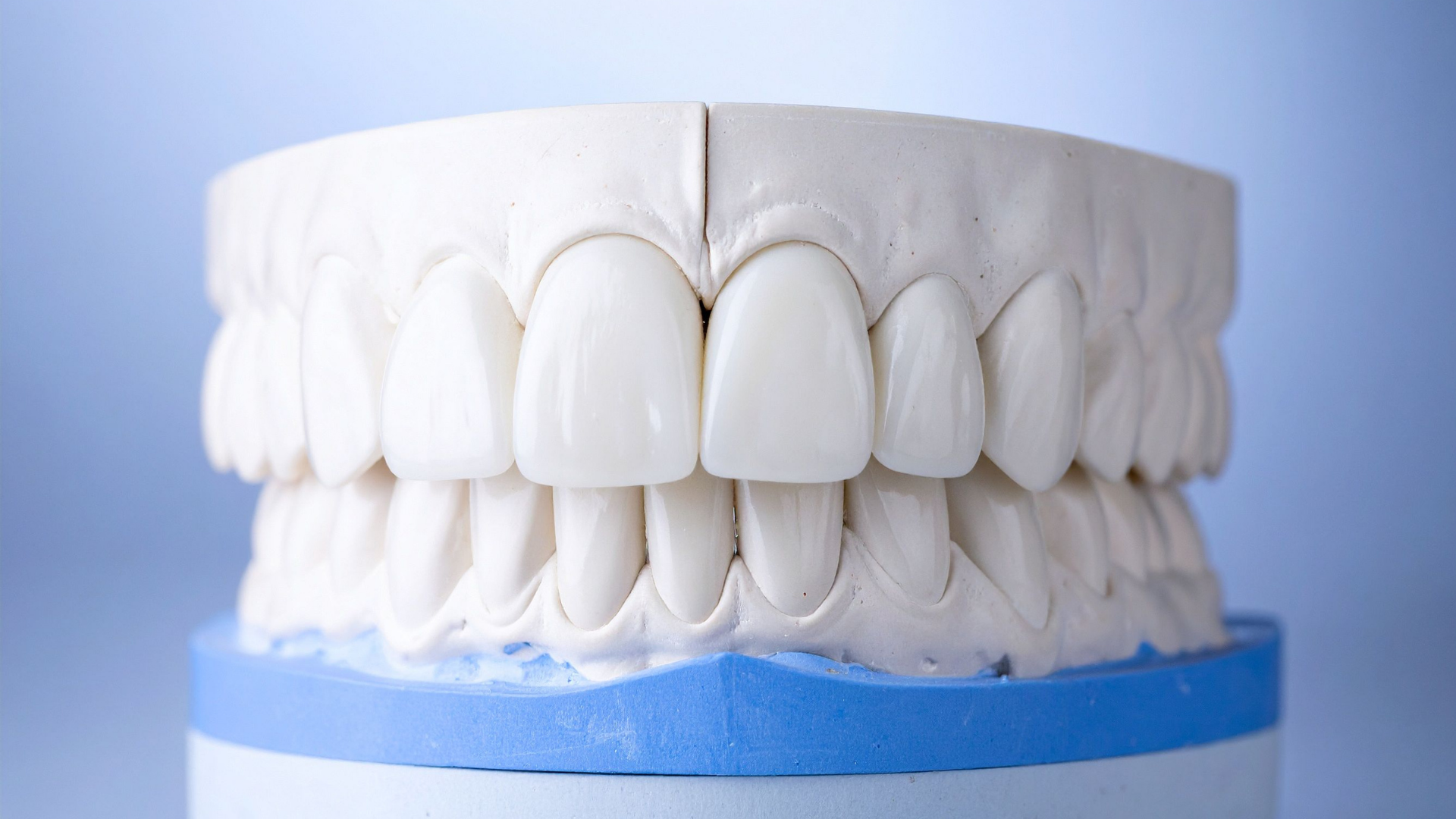How Long Does Teeth Whitening Last
Understanding Teeth Whitening
The Basics of Teeth Whitening
Teeth whitening is a cosmetic dental procedure aimed at lightening the natural color of your teeth without removing any of the tooth surfaces. It can significantly enhance the brightness of your smile, making it a popular choice for many seeking a confidence boost. Teeth whitening Rancho Bernardo clinics often emphasize that while the procedure does not make the teeth brilliant white, it can lighten the existing color by several shades.
The key to effective teeth whitening lies in the active ingredients used, which typically include hydrogen peroxide or carbamide peroxide. These chemicals break down, allowing oxygen to enter the enamel and dentin, thus lightening the tooth color.
Here's a brief overview of what the process involves:
- Consultation with a dental professional
- Assessment of teeth and oral health
- Selection of the appropriate whitening method
- Application of the whitening product
- Follow-up and maintenance advice
Remember, the longevity of teeth whitening results can vary based on individual factors, but with proper care, you can enjoy a brighter smile for an extended period.

Types of Teeth Whitening Treatments
Teeth whitening treatments come in various forms, each with its own set of procedures and expected outcomes. In-office whitening is a popular choice, often involving the application of a high-concentration peroxide gel by a dental professional. This method can provide significant results in a single visit.
At-home treatments, on the other hand, include over-the-counter products like whitening strips and gels, as well as custom-fitted trays provided by dentists. These options are generally less potent and require consistent application over a period of time.
The choice between in-office and at-home treatments largely depends on the individual's needs, budget, and time constraints.
Here's a quick overview of common treatments:
- In-Office Whitening: Fast results, dentist-administered
- At-Home Whitening Kits: Custom trays, professional-grade solutions
- Over-the-Counter Products: Whitening strips, toothpastes, and rinses
- Natural Remedies: Baking soda, hydrogen peroxide, and other DIY methods
Each method varies not only in application and strength but also in how long the whitening effects will last. It's important to consult with a dental professional to determine the most suitable option.
Factors Affecting Whitening Longevity
The duration of teeth whitening results can vary significantly from person to person. The longevity of whitening treatments is influenced by several key factors. These include the type of treatment used, the condition of the teeth before whitening, and the patient's oral hygiene habits post-treatment.
- Type of Treatment: Professional in-office treatments may last longer than at-home kits.
- Initial Tooth Condition: Teeth with deeper stains may not whiten as effectively or for as long.
- Post-Treatment Care: Good oral hygiene and avoiding stain-causing foods and beverages can extend results.
It's essential to understand that no teeth whitening solution is permanent. Regular maintenance and occasional touch-ups are necessary to preserve the whiteness achieved through treatment.
Another factor to consider is the individual's diet and lifestyle choices. Consumption of staining substances like coffee, tea, red wine, and tobacco can significantly shorten the lifespan of whitening results. Additionally, the natural aging process will gradually change the color of teeth over time, which can also affect the duration of whitening effects.
Factors Influencing Whitening Duration
Diet and Lifestyle Choices
The longevity of teeth whitening is significantly influenced by an individual's diet and lifestyle choices. Foods and beverages with strong colorants, such as coffee, tea, red wine, and certain fruits, can stain teeth over time, reducing the effects of whitening treatments.
- Avoid or limit intake of staining substances
- Rinse or brush teeth after consuming stain-causing foods and drinks
- Refrain from tobacco use, as it can lead to significant discoloration
Maintaining a diet that is low in sugary and acidic foods can also help preserve the whitening results, as these can erode enamel and expose the yellowish dentin underneath.
Incorporating lifestyle changes that promote oral health can extend the duration of your teeth whitening results. Regular exercise and stress reduction can improve overall health, which in turn can lead to healthier teeth and gums.
Oral Hygiene Practices
Maintaining good oral hygiene is crucial for prolonging the effects of teeth whitening. Regular brushing and flossing can prevent the buildup of stains and keep your teeth looking brighter for longer. It's not just about the frequency of these practices, but also the technique and the products used.
- Brush at least twice a day with a whitening toothpaste.
- Floss daily to remove plaque and food particles between teeth.
- Rinse with an antiseptic mouthwash to reduce bacteria and freshen breath.
Consistent oral hygiene not only supports the longevity of teeth whitening but also contributes to overall dental health. Neglecting these practices can lead to quick discoloration and may even counteract the whitening effects.
Remember, the use of whitening toothpaste and mouthwash should complement, not replace, professional dental advice. For personalized care, consult with your dentist to establish an oral hygiene routine that's tailored to your whitening treatment.
The Natural Aging Process
As we age, our teeth naturally darken due to changes in the mineral structure and the accumulation of stains over the years. The natural aging process can significantly affect the longevity of teeth whitening results.
Factors such as enamel thinning and the dentin becoming more visible can cause teeth to appear less white. It's important to understand that while teeth whitening can temporarily reverse some of these effects, it cannot stop the natural aging of teeth.
Maintaining the whiteness of your teeth as you age requires a combination of good oral hygiene, regular dental visits, and possibly more frequent whitening treatments.
The following list outlines how aging can impact the color of your teeth:
- Enamel gets thinner, making the yellowish dentin show through.
- Stains accumulate more easily and penetrate deeper into the tooth.
- The tooth's ability to recover from staining agents diminishes.
- Regular wear and tear contribute to a less vibrant smile.
Maximizing Whitening Results
Post-Whitening Care Tips
Maintaining the results of teeth whitening treatments requires a conscientious post-whitening care routine. Avoiding foods and beverages that stain teeth, such as coffee, tea, red wine, and dark berries, is crucial in the first 48 hours after treatment when your teeth are most susceptible to staining.
- Rinse your mouth with water after consuming stain-causing foods or drinks.
- Use a straw for beverages to minimize contact with your teeth.
- Refrain from smoking or using tobacco products, as these can quickly yellow teeth.
Consistent oral hygiene practices are also essential. Brushing twice a day with a whitening toothpaste and flossing regularly can help extend the effects of your whitening treatment. Additionally, consider using a mouthwash that offers whitening benefits to further maintain your bright smile.
Recommended Products for Maintenance
To maintain the dazzling effects of teeth whitening, certain products can be incorporated into your daily oral care routine. Whitening toothpastes and mouthwashes are specifically formulated to help remove surface stains and prevent discoloration.
Here is a list of recommended products for maintaining your white smile:
- Whitening toothpaste with fluoride
- Alcohol-free whitening mouthwash
- Dental floss for plaque removal
- Whitening strips or gels for periodic touch-ups
Consistent use of these products can not only prolong the effects of teeth whitening but also contribute to overall oral health. Remember, the key to lasting results is in the maintenance.
It's important to follow the instructions provided with these products to avoid overuse, which can lead to tooth sensitivity or damage to the enamel. For personalized recommendations, consult with your dentist, as they can suggest the best products suited to your individual needs and whitening treatment.
Regular Dental Check-Ups and Touch-Ups
Maintaining the brilliance of your teeth after whitening treatments involves regular visits to your dental professional. A dentist in Rancho Bernardo can provide essential check-ups and touch-up treatments to ensure your smile stays bright. These visits are crucial for catching any potential issues early and addressing them before they affect the longevity of your whitening results.
Regular dental check-ups are about preserving overall oral health.
Here's a simple timeline to help you remember when to schedule your dental visits:
- 1-2 weeks after whitening: Initial check-up to assess the effectiveness and sensitivity.
- Every 6 months: Routine dental cleaning and examination.
- Annually: Evaluation of whitening longevity and need for touch-ups.
Adhering to this schedule can help extend the life of your teeth whitening and keep your smile looking its best.
Potential Risks and Limitations
Understanding the Risks of Teeth Whitening
While teeth whitening can significantly improve the brightness of your smile, it's important to be aware of potential risks associated with the procedure. Sensitivity and gum irritation are common side effects, particularly with higher concentration bleaching agents or longer exposure times.
- Sensitivity: Can occur during or after treatment, often temporary.
- Gum irritation: May result from the bleaching agent coming into contact with gum tissue.
- Enamel damage: Overuse of whitening products can lead to enamel erosion.
- Uneven coloration: Restorations such as crowns or veneers will not whiten, leading to uneven shades.
It is crucial to follow the product instructions or dentist's recommendations to minimize risks. Over-the-counter products, while convenient, may increase the likelihood of misuse and subsequent complications. Professional treatments typically offer a more controlled and safer environment for teeth whitening.
Limitations of Whitening Procedures
While teeth whitening can significantly brighten your smile, it's important to recognize its limitations. Not all types of discoloration can be corrected with whitening treatments. For instance, intrinsic stains, which are deep within the tooth, may not respond well to whitening procedures.
Teeth whitening is not a one-size-fits-all solution. The effectiveness of the treatment can vary based on the origin and severity of the stains.
Here are some common limitations of teeth whitening procedures:
- Whitening treatments typically do not work on dental restorations such as crowns, veneers, or fillings.
- The results are not permanent and may require regular maintenance to sustain the desired level of brightness.
- Overuse of whitening products can lead to tooth sensitivity or damage to the enamel.
- There is a natural limit to how much teeth can be whitened, which is determined by your tooth's original color and the condition of your enamel.
Managing Expectations and Realistic Outcomes
When considering teeth whitening, it's crucial to have realistic expectations about the results. Not all teeth will whiten to the same degree, and some may not respond to treatment at all. Whitening is not a permanent solution and will fade over time, necessitating maintenance or repeat treatments.
Factors such as the original shade of your teeth, the whitening method used, and your adherence to post-whitening care will influence the final outcome. Here's a brief overview of what to expect:
- Initial Shade: Natural tooth color varies, and those with yellow tones typically whiten better than grayish hues.
- Whitening Method: Professional treatments often yield more dramatic and longer-lasting results compared to at-home kits.
- Maintenance: Regular touch-ups and avoiding stain-causing foods and beverages can prolong the effects.
Remember, the goal of teeth whitening is improvement, not perfection. Achieving a brighter smile is possible, but it's important to understand the limitations and commit to the necessary care to sustain the results.
Professional vs. At-Home Whitening
Comparing Efficacy and Duration
When considering teeth whitening options, you will want to understand the efficacy and duration of results. Professional treatments often provide more immediate and noticeable results compared to at-home kits. However, the longevity of these outcomes can vary significantly based on several factors.
- Professional in-office whitening: Typically lasts 1-3 years
- At-home bleaching trays: Usually effective for 6 months to 1 year
- Whitening strips and toothpastes: Often require ongoing use for sustained effects
The choice between professional and at-home whitening should balance the desire for quick, dramatic results with the commitment to maintenance and potential cost over time.
While professional treatments may seem more durable, the convenience and lower initial cost of at-home methods are appealing to many. It's important to consider personal habits, such as diet and oral hygiene, which play a significant role in maintaining whitening results regardless of the method chosen.
Cost-Benefit Analysis
When considering teeth whitening options, weigh the costs against the benefits. Professional treatments often yield quicker and more dramatic results, but they come with a higher price tag. At-home kits, on the other hand, are more affordable but may require longer to achieve desired outcomes.
Here's a simplified cost-benefit analysis:
While the initial investment in professional whitening can be substantial, the long-term satisfaction and reduced need for frequent touch-ups can justify the expense for many individuals.
Ultimately, the decision should be based on personal preferences, budget, and the value placed on immediate results versus gradual improvement. It's important to consult with a dental professional to understand the best course of action for your specific situation.
Choosing the Right Option for You
When deciding between professional and at-home teeth whitening, it's essential to consider your specific needs and circumstances. Professional treatments offer immediate results and are performed under the supervision of a dentist, ensuring safety and personalized care. At-home kits, on the other hand, provide the convenience of gradually whitening your teeth in the comfort of your own home.
- Professional Whitening
- Immediate results
- Supervised by a dentist
- Higher cost
- At-Home Whitening
- Gradual results
- Self-administered
- More affordable
It's important to weigh the pros and cons of each option. Professional treatments may be more suitable for those looking for quick and significant changes, while at-home kits might appeal to those seeking a more budget-friendly and convenient solution. Ultimately, the best choice will align with your personal preferences, budget, and the condition of your teeth.
Frequently Asked Questions
The office of Dr. James Spalenka, DDS.
A Gentle, Comfortable Dental Experience, Offering Skill & Modern Technology
HIGH-TECH EQUIPMENT | CARING STAFF | MODERN OFFICE



